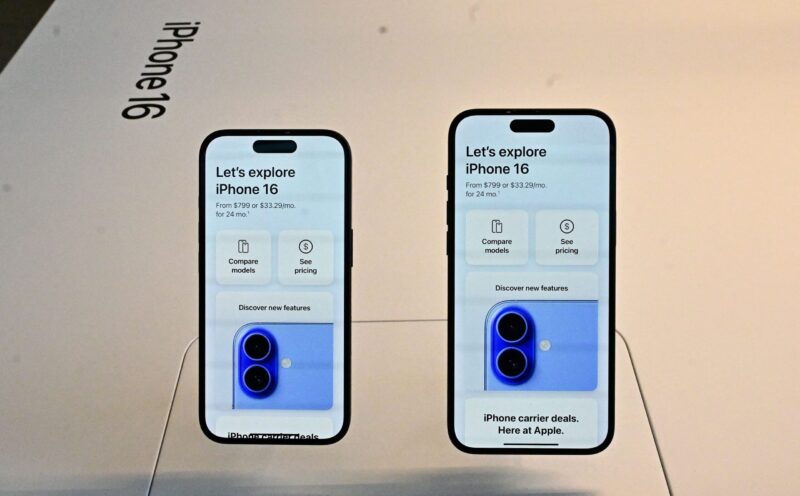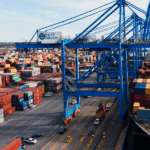In a surprising shift, the United States announced the exemption of computers and mobile phones imported from China from additional customs tariffs. These tariffs, previously imposed by President Donald Trump, had reached levels as high as 125% on certain Chinese-origin goods.
The exemption, detailed in a memorandum issued by U.S. Customs and Border Protection (CBP), includes smartphones, routers, and select laptop and desktop computers. This marks a notable deviation from the Trump administration’s aggressive trade policies toward China, which have intensified recently. The move comes shortly after the administration announced a 90-day postponement of harsher reciprocal tariffs on other nations, signaling a potential recalibration of its trade strategy.
This decision aligns with broader global trade developments. China recently extended tariff exemptions on over 100 U.S. products until February 28, 2025, including rare earth elements and medical disinfectants. These exemptions reflect China’s effort to maintain stability amid escalating tensions with the U.S., particularly after President-elect Donald Trump threatened additional tariffs targeting fentanyl-related issues.
Trade War Intensifies Despite Exemptions
While the exemption offers relief for specific sectors, it occurs against the backdrop of escalating tit-for-tat measures between the two economic giants. On April 9, President Trump raised tariffs on Chinese-origin goods to 125%, citing national security concerns and trade imbalances.. China retaliated by increasing tariffs on U.S. goods to similar levels, further straining bilateral relations.
Additionally, the U.S. recently eliminated the de minimis exemption for Chinese-origin goods, which previously allowed low-value shipments under $800 to enter duty-free. Starting May 2, 2025, these shipments will face duties of up to 120%, further complicating trade logistics for businesses reliant on Chinese imports.
Strategic Implications
The latest exemption could signal a tactical shift in U.S.- China relations as both nations grapple with mutual economic dependencies amidst mounting geopolitical tensions. While exemptions provide temporary relief for industries like electronics and telecommunications, broader trade policies remain unpredictable and subject to rapid changes.
U.S. Customs and Border Protection has referred all inquiries regarding the exemption decision to the U.S. International Trade Commission, underscoring the complexity of navigating trade policies during this volatile period.
As global markets react to these developments, businesses must remain vigilant and adapt to shifting trade landscapes shaped by political maneuvering and economic priorities.
–Input WAM






